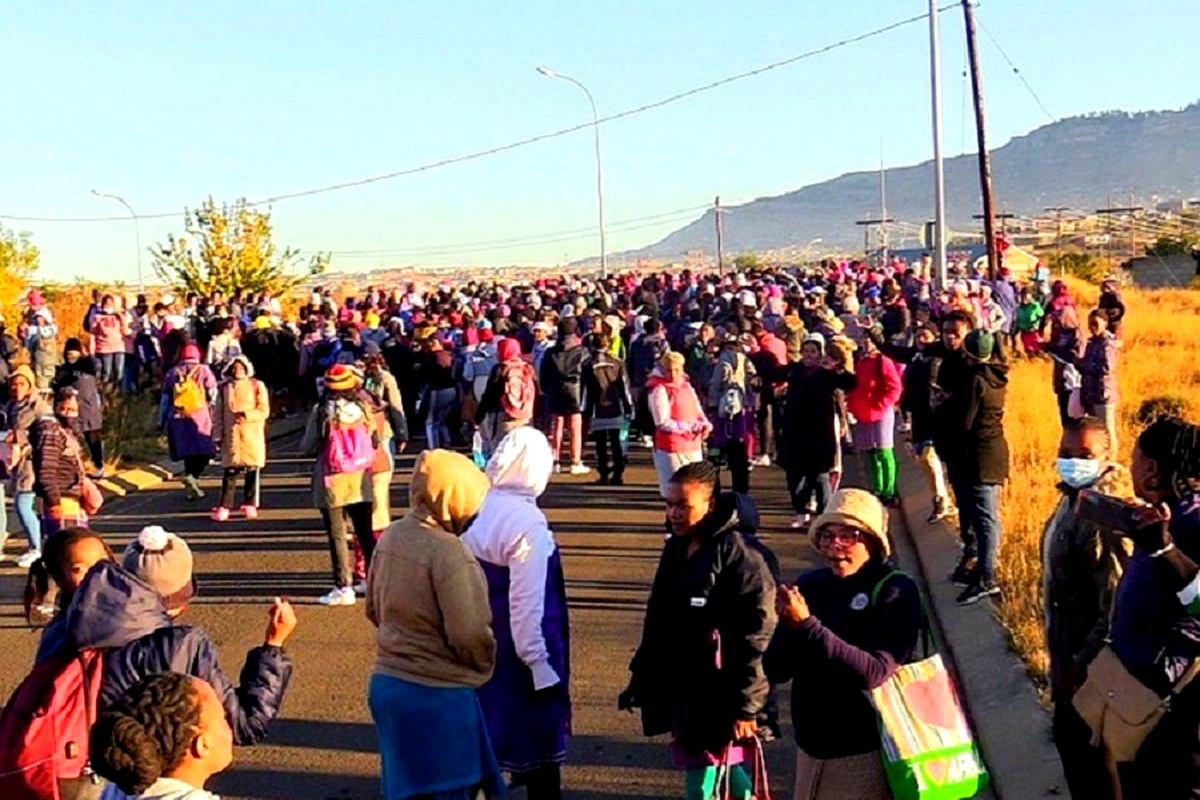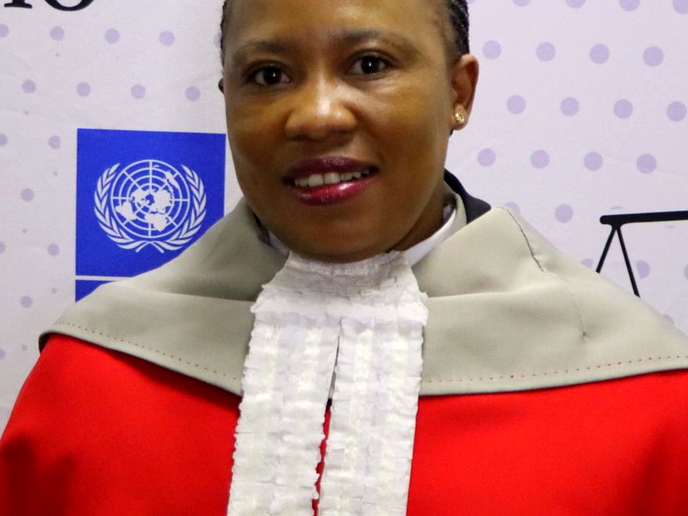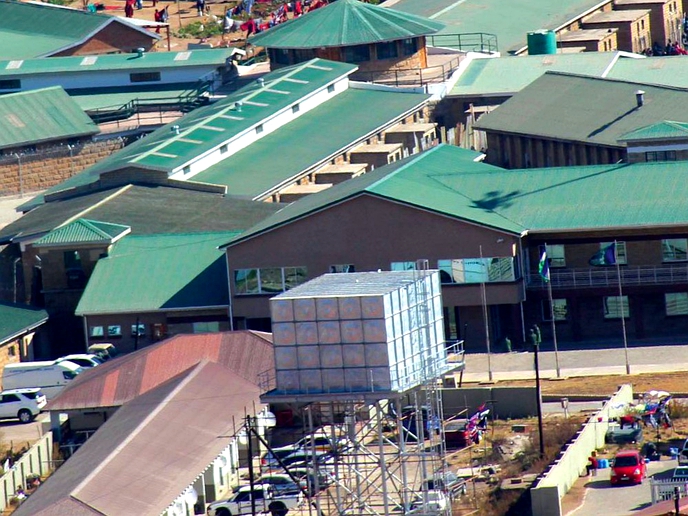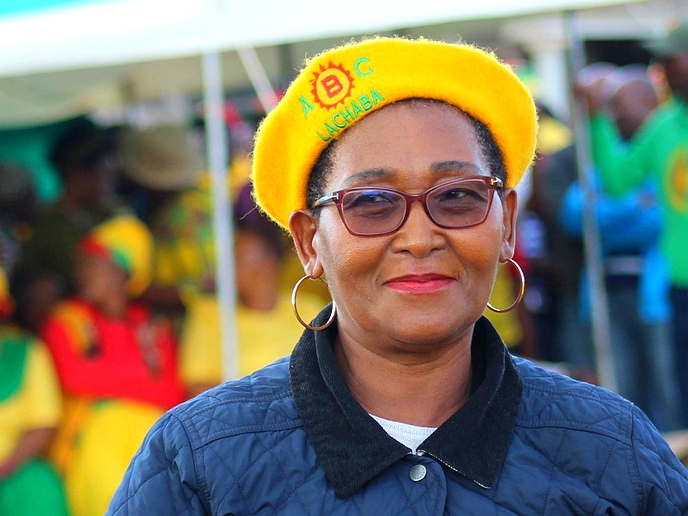AT least one person died on Tuesday and another one suffered serious injuries during the factory workers protests which have since turned vicious in Maseru and Maputsoe.
news
May 28, 2021
NEO SENOKO
3 min read
One dead in factory protests

Factory workers blocking the Thetsane road during their strike o Monday
On Tuesday night, the demonstrations turned ugly as some picketers believed to be factory workers went on a rampage in Ha Thetsane and destroyed properties and looted some businesses.
This after the government failed to publish the 2020/21 minimum wage gazette as promised last week.
The gazette would see the discontented workers earn improved salaries from the current average earnings of M2 100.
The workers through their unions argue that the discussions around the gazette were completed in 2020 but government is deliberately delaying its publication.
On Monday last week, the government through its sub-committee urged the protesters to halt their demonstrations, as the gazette would be published on or before Monday this week.
But the promise has not been kept and the sub-committee is now hiding behind the International Labour Organisation (ILO), saying it has requested the body to intervene.
Trade unions are not happy with these developments.
Tuesday night saw the workers blocking roads with burning tires, chanting and destroying properties as a way to further demonstrate their dissatisfaction.
NACTWU assistant Secretary, Tšepang Makakole told Metro that police shot and killed one person in Maseru while another was severely injured in Maputsoe.
The one in Maputsoe, was however, injured by members of the Lesotho Defense Force (LDF) who had to intervene in the fracases that ensued.
“We are still waiting to hear what the government has to say. We were supposed to have a meeting today (Wednesday) but the government postponed it, so we will have to wait and hear what they have to say. The outcome of our meeting will determine the way forward,” Mr Makakole said.
Several other people have been injured since the beginning of the protests on May 14. Arrests have also been made in the process.
Contained in their grievances, workers further demand that the Ministry of Labour pass the reviewed Labour Code Order of 2006.
They say the Minister, Moshe Leoma should fast track the issuance of this bill as it is beneficial to the workers, employers and the country as whole.
They also want government to issue out the social security bill which they argue, could have helped workers during devastating situation of the COVID-19 pandemic.
The textile and apparel industry in Lesotho grew from having just a handful of factories in the 1990s to becoming the largest private sector employer, providing over 40 000 jobs and benefiting around 13 percent of the country’s population according to the World Bank.
Enjoy our daily newsletter from today
Access exclusive newsletters, along with previews of new media releases.
Between 2001 and 2004, textile and apparel exports from Lesotho to the United States increased from $140 million to $450 million, representing a 22 percent increase.
The foreign investment that poured into Lesotho during this time facilitated structural transformation and boosted the long term competitiveness of the sector.
The manufacturing sector grew by 34 percent between 2014 and 2019, owing largely to a tripling of textile and apparel exports to South Africa, which has helped offset the decline in exports to the United States.
The series of strikes will certainly contribute to the already threatened industry due to the ongoing COVID-19 pandemic.
The country is facing a tough fiscal outlook as the Southern African Customs Union (SACU) transfers, private investments and exports are declining.
Real gross domestic product growth is estimated to have contracted by 15.7 percent in the second quarter of 2020, largely due to the negative shock of the pandemic.
The protests are spearheaded by different trade unions of the National Clothing Textile and Allied Workers Union (NACTWU), United Textile Employees (UNITE), Lesotho Workers Association (LEWA), Lentsoe La Sechaba Trade Union (LESWA) as well as Construction, Mining and Quarry Trade Union (CMQ) and Lesotho Wholesale, Catering and Allied Workers Union (LEWCAWU).
Tailored for you






